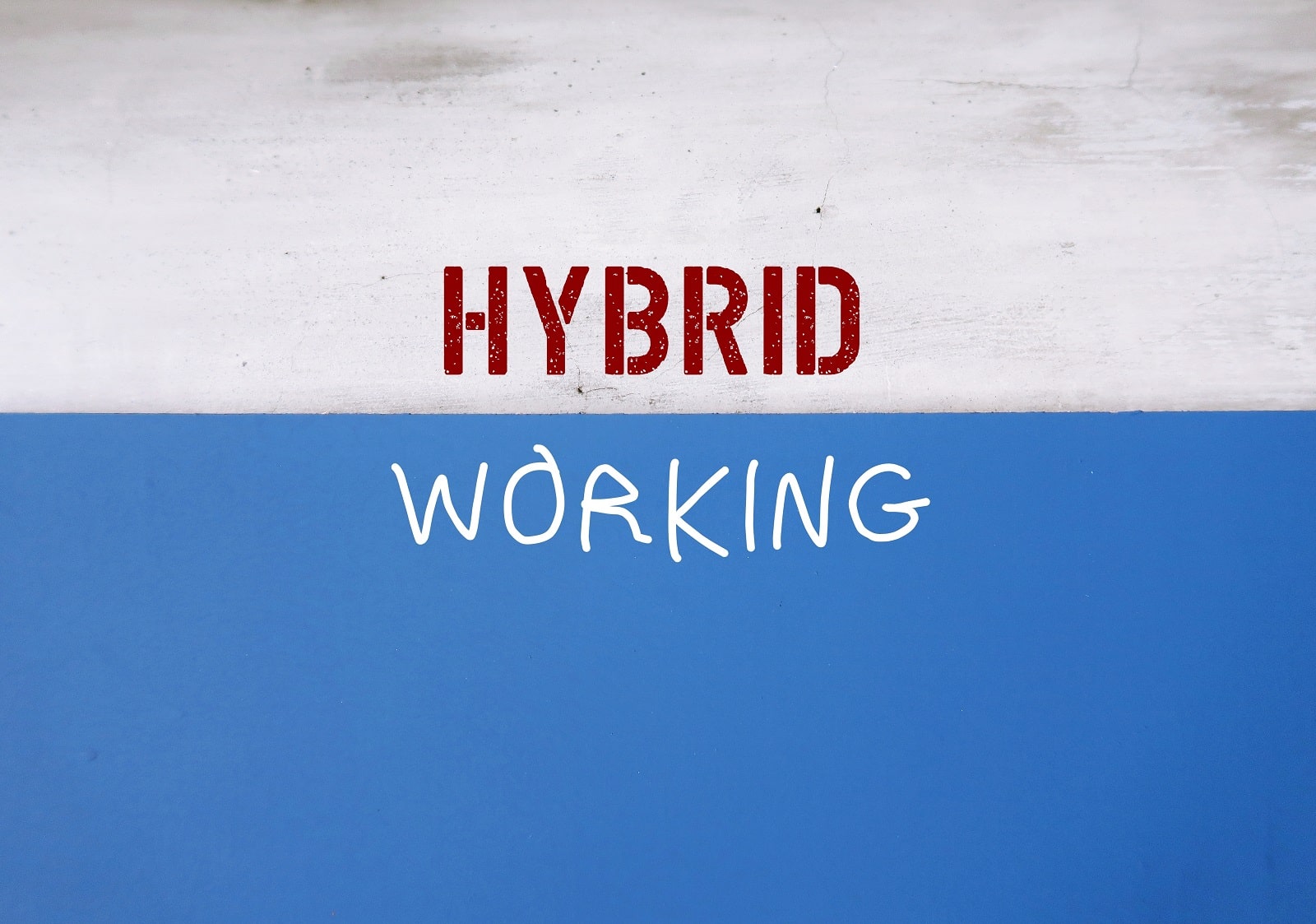Major multinational corporation Bank of America has sent out warnings to employees who are still working from home after calls for mandatory office hours have been ignored by some.
Bank Of America Put Their Foot Down

During the height of the Covid-19 pandemic, millions of office workers around the world became accustomed to the convenience of working from home. But now, companies like Bank of America are urging employees to return to the workplace – with threats of disciplinary action for those who don’t.
Issuing Letters of Education

Warning letters, also referred to as “letters of education” have been sent out to Bank of America employees who are not meeting their minimum requirements for office hours.
Disciplinary Action for Ignoring Policy

“Failure to follow the workplace excellence expectations applicable to your role within two weeks of the date of this notification may result in further disciplinary action,” one letter reads.
Ongoing for Months

These “letters of education” have since been confirmed as authentic by Business Insider, and have been sent out to AWOL employees since late 2023.
Three Days Per Week

Most Bank of America employees have been required to return to the office for at least three days per week, starting back in October 2022. For the remainder of the week, they have been able to work from their home office.
More for Customer-Facing Positions

Employees in other departments, particularly those that involve face-to-face client consultations such as investment banking and sales, have been called into the workplace for five days a week, as per their pre-Covid schedule.
A Minority Aren’t Complying

According to Business Insider, most BoA employees have complied with these “workplace excellence expectations” by returning to the workplace, but some are still working from home against company policy.
A Last Resort

These recent “letters of education” have been issued as a last resort, after more informal notice was given in an attempt to bring outliers back to the office.
Not the Only Ones

And Bank of America is far from the only Wall Street company to take pains to call their errant workers back to the conventional workplace. JP Morgan and Goldman Sachs, among others, are in the same position.
Mandates Set Elsewhere

Jamie Dimon, CEO of JP Morgan, also set a mandate that all top executives at the firm must return to office duties for five days a week, starting back in April of last year.
Strict Policy From Goldman Sachs

In August 2023 Goldman Sachs instated one of the strictest back-to-work policies in corporate America, calling all employees back to the office for the duration of the five-day work week.
Both policies came about at a time when most companies were only requiring two to three office days for most employees, signaling the beginning of the end of the work-from-home movement for many US workers.
“Time to Face Reality”

“It’s time to face reality. We’re getting back to five days a week because that’s the reality,” said Jason Greer, president of Greer Consulting, in an interview with CNBC.
Others Are More Flexible

However, other CEOs have adopted a more flexible approach. James Gorman, CEO of Morgan Stanley, has maintained that employees only need to come in for “three or four” days a week and that there was no expectation to return to pre-pandemic attendance levels.
Four Years of Change

This major push to restore regular office attendance marks a significant change over the last four years. At the start of the pandemic, almost all office workers were working from home full-time.
Numbers Still High

Prior to Covid, only 3% of Americans worked remotely for part of the week. Today, that number now sits at approximately 25%.
Arguments to Return

While many workers will be groaning at the thought of returning to the workplace, there is an argument that returning to the office consistently could pay dividends for your career.
Improves Chances for Promotion

Stanford economist Nick Bloom has argued that coming into work at least three days a week will make employees more visible to managers and higher-ups, improving their chances of promotion.
Shift to Hybrid

Despite these recent policy changes, it’s expected that many companies will retain their hybrid work policies, allowing employees to work from home for at least a fraction of their timetable.
Surveys Support It

A survey from Deloitte in November 2023 showed that 65% of chief financial officers plan to retain their hybrid work policies, at least for the coming year.
21 States Where Squatters Can Legally Claim Your Property

Discover how squatters’ rights, or adverse possession, are more than just legal jargon—they’re stories of unexpected twists in the world of real estate. From sunny California to the historical landscapes of Pennsylvania, here’s how these laws could turn the tables on homeowners and squatters alike. 21 States Where Squatters Can Legally Claim Your Property
14 Things That Are Banned in the U.S. but Totally Fine Elsewhere

Ever feel like America’s rulebook was written by someone with a dartboard? Across the pond or down under, things get even wackier. Let’s take a walk on the wild side of global “Do’s” that are definite “Don’ts” in the Land of the Free. 14 Things That Are Banned in the U.S. but Totally Fine Elsewhere
25 American States Nobody Wants to Visit Anymore

Across the United States, some states capture the hearts and itineraries of many, while others remain quietly on the sidelines, overshadowed or misunderstood. These 25 states, facing what you might call a popularity crisis, are brimming with hidden wonders, cultural riches, and natural beauty, awaiting those willing to look beyond the usual tourist trails. 25 American States Nobody Wants to Visit Anymore
20 Foods That Are Cheaper to Eat Out Than Making at Home

In a world where convenience often wins, certain culinary delights come with a lower price tag when enjoyed at a restaurant rather than crafted in your own kitchen. Here are twenty foods that might save you both time and money when indulged in at your favorite eatery. 20 Foods That Are Cheaper to Eat out Than Making at Home
17 Things You’re Paying For, but You Don’t Have To

In the land of the free, there’s a price tag on everything, but savvy Americans know better than to open their wallets for just anything. Here are 17 expenses you’ve been shelling out for without realizing there’s a cheaper or even free alternative. 17 Things You’re Paying For, but You Don’t Have To
The post Bank of America Sends Strong Message: Return to Office or Face Repercussions first appeared on From Frugal to Free.
Featured Image Credit: Shutterstock / J2R.
The content of this article is for informational purposes only and does not constitute or replace professional financial advice.
